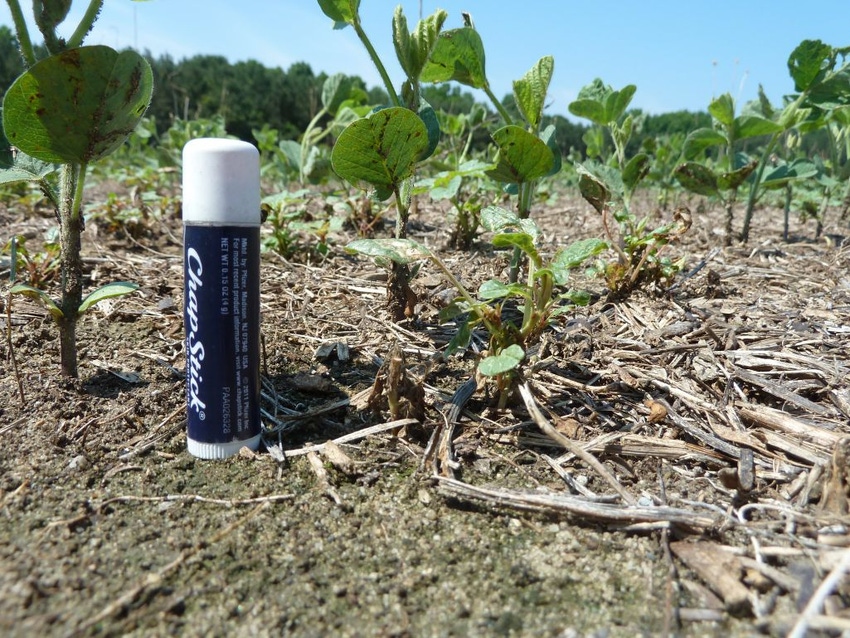
Herbicide-resistant weeds continue to pop up in North Carolina and farmers need to be prepared in 2016.
Speaking at the 2016 Road Show Production Meeting at the Vernon James Research and Extension Center Jan. 28, Wes Everman, North Carolina Extension weed specialist said herbicide resistant common ragweed and herbicide resistant common water hemp have been confirmed near Elizabeth City. On top of this, herbicide-resistant palmer Amaranth remains a major headache for North Carolina farmers.
Everman explained that the ragweed found in 2015 survived PPO inhibitors, ALS inhibitors and glyphosate applied post emergence. “In soybeans, it is a concern,” he said. “In conventional or Roundup Ready soybeans, our post emergence options are gone. You can’t spray glyphosate, ALS inhibitors or any of the PPOs. There are no options if this spreads.”
Last year marked the first time herbicide-resistant common water hemp has been confirmed in North Carolina. Everman explained that the weeds survived applications of Synchrony, Cobra and glyphosate.
“My concern is how it got here,” Everman said. “It took a little bit of figuring, but what I’m attributing it to is a guy who bought a combine out of Southern Illinois about four years ago. If you know Southern Illinois or if you know water hemp, that is ground zero for resistant water hemp. I’m pretty sure he brought it in.”
The main weed enemy for North Carolina continues to be Palmer amaranth, and Everman said he is confident that that state now has PPO-resistant palmer Amaranth. It needs to be confirmed, but triazine-resistant palmer Amaranth has also been found near Plymouth.
“We are selecting for resistance for these herbicides we are relying on,” Everman cautioned.
If North Carolina loses PPOs, Liberty will be the only herbicide available for post emergence palmer control in soybeans, Everman said.
“We have to manage our weed programs to protect these technologies. We need to use these residual herbicides with the post products in order to keep from losing them as well. If we put enough selection pressure on any of these, we will see resistance to start to develop as well.”
About the Author(s)
You May Also Like






